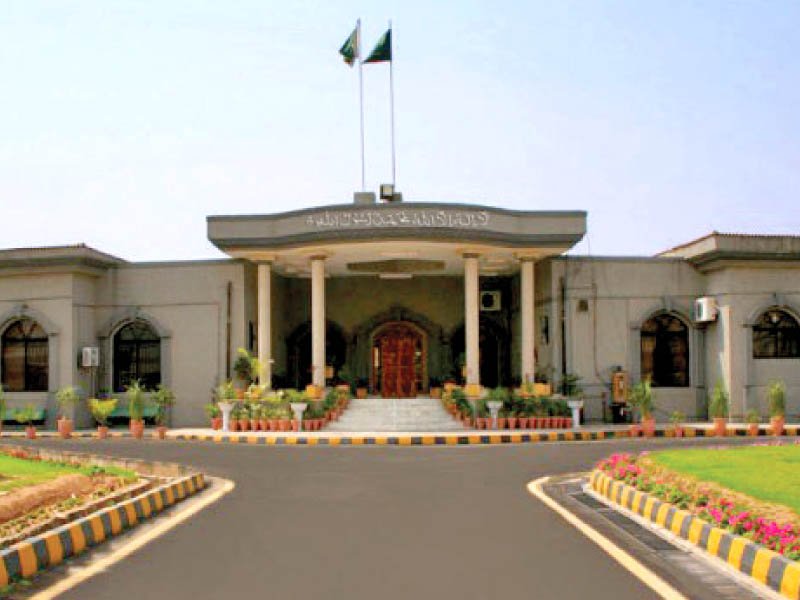Concealing assets is not the same as money laundering

The Islamabad High Court (IHC) has ruled that a case of non-declaration of assets and concealment brought against a businessman under the Money Laundering Act is unconstitutional.
In a five-page decision, IHC Chief Justice Athar Minallah concluded that the Money Laundering Act does not apply if there is no indication that the assets were produced with money obtained through unlawful means.
The Federal Board of Revenue was unable to prove money laundering in the litigation, and the court upheld the 2010 Money Laundering Act, which was enacted to combat money laundering and terrorist financing. Money laundering was made a crime under Section 4 of the Act.
On June 29, 2021, a first information report (FIR) was filed against the businessman, citing non-declaration and asset concealment.
The court concluded, “Making a criminal case against the petitioner and charging money laundering is a misuse of power and illegal.”
The court ruled that the FIR filed under the Money Laundering Act was “illegal,” and that if the institution wanted to take steps to conceal assets, it may do so under the applicable legislation.
After giving the premier and his son interim bail, a special court (Central-I) is due to hear Prime Minister Shehbaz Sharif’s money laundering case on April 27.
The application, filed on the PML-N leader’s behalf, requested the exemption due to his participation in the National Assembly session in which he was running for Prime Minister.
Shehbaz and his son, Hamza Shahbaz, were indicted on April 11 in an alleged Rs25 billion money laundering case.
Shehbaz and his son Hamza said that they were falsely accused in a fabricated case in order to humiliate them, and that the accusations levelled against them by concerned quarters were completely untrue and inaccurate.


